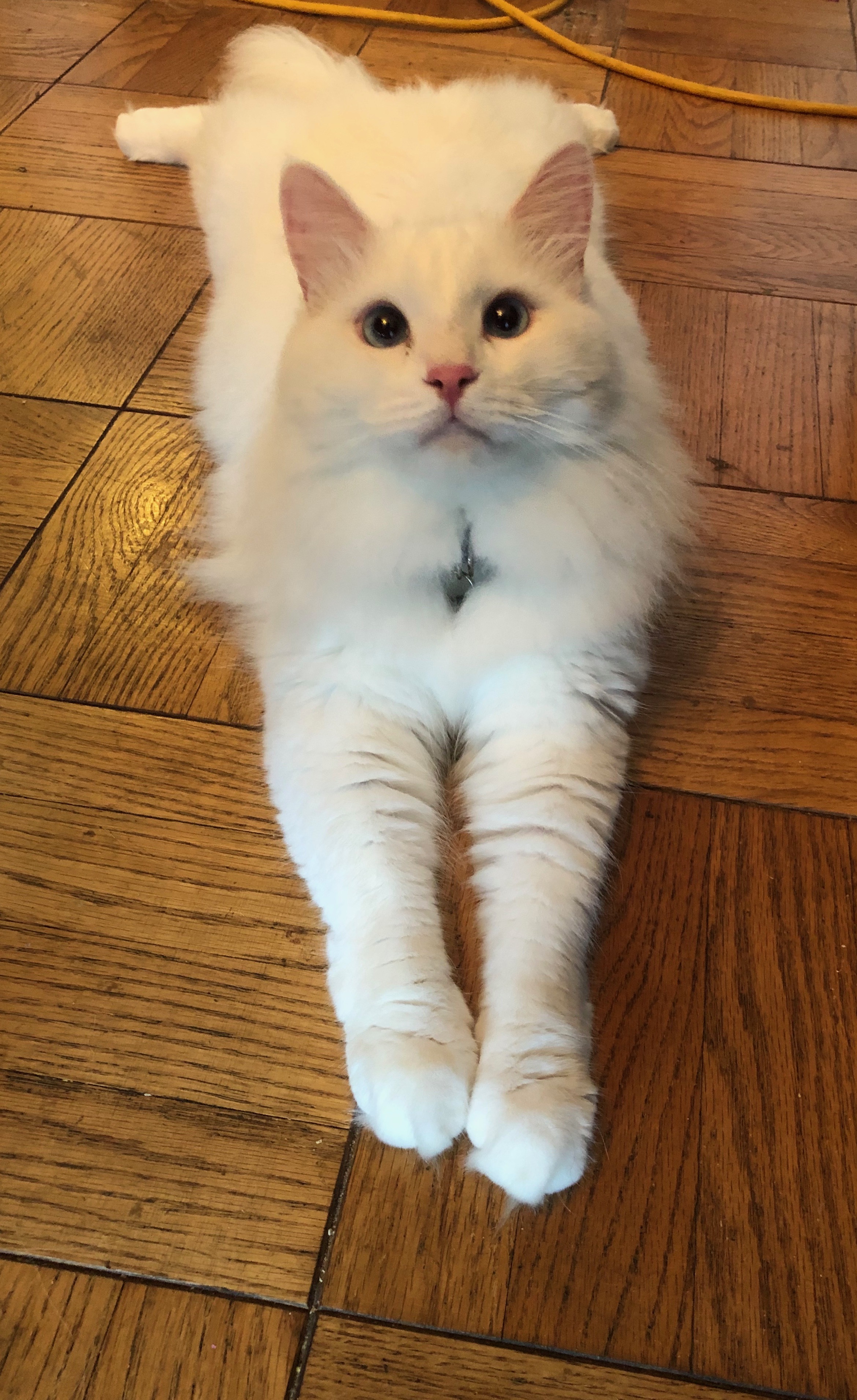Splooting on:
[Wikipedia]
[Google]
[Amazon]
 Splooting is lying in a spread-eagled, prone posture. It is typically performed by four-legged mammals such as
Splooting is lying in a spread-eagled, prone posture. It is typically performed by four-legged mammals such as
 Many squirrels have been noticed splooting on hot days. Such observations have increased as a result of global warming and as it has become easier to share pictures on social media.
Many squirrels have been noticed splooting on hot days. Such observations have increased as a result of global warming and as it has become easier to share pictures on social media.
 Other animals which have been observed splooting include bears, cats, rabbits and
Other animals which have been observed splooting include bears, cats, rabbits and
 Splooting is lying in a spread-eagled, prone posture. It is typically performed by four-legged mammals such as
Splooting is lying in a spread-eagled, prone posture. It is typically performed by four-legged mammals such as dog
The dog (''Canis familiaris'' or ''Canis lupus familiaris'') is a domesticated descendant of the wolf. Also called the domestic dog, it is derived from the extinct Pleistocene wolf, and the modern wolf is the dog's nearest living relativ ...
s and squirrels when they wish to relax or cool down. It may also be known as frogging or pancaking.
Dogs
Dogs may adopt this position to relax, stretch and relieve pressure on the spine. It is especially easy and natural for young, flexible dogs and dogs with short legs such ascorgi
The Welsh Corgi ( or Corgi, plural Corgis, or occasionally the etymologically consistent Corgwn; ) is a small type of herding dog that originated in Wales. The name ''corgi'' is derived from the Welsh words and (which is mutated to ), meanin ...
s.
Because dogs cannot cool themselves efficiently by sweating, they may use this position to cool their bodies by hugging a cold surface such as stone or tile.
Squirrels
 Many squirrels have been noticed splooting on hot days. Such observations have increased as a result of global warming and as it has become easier to share pictures on social media.
Many squirrels have been noticed splooting on hot days. Such observations have increased as a result of global warming and as it has become easier to share pictures on social media.
Other animals
 Other animals which have been observed splooting include bears, cats, rabbits and
Other animals which have been observed splooting include bears, cats, rabbits and marmot
Marmots are large ground squirrels in the genus ''Marmota'', with 15 species living in Asia, Europe, and North America. These herbivores are active during the summer, when they can often be found in groups, but are not seen during the winter, w ...
s.
See also
*Proning
Proning or prone positioning is the placement of patients into a prone position so that they are lying on their front. This is used in the treatment of patients in intensive care with acute respiratory distress syndrome (ARDS). It has been es ...
*Catloaf
Images and videos of domestic cats make up some of the most viewed content on the World Wide Web, particularly image macros in the form of lolcats. ThoughtCatalog has described cats as the "unofficial mascot of the Internet".
The subject has ...
References
Mammal behavior 2012 neologisms {{biology-stub